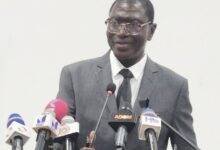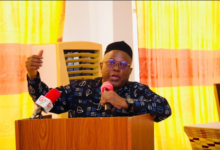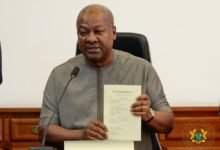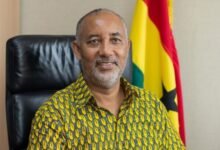Imam Alhassan commends King Mohammed VI for organising symposium on Fatwa
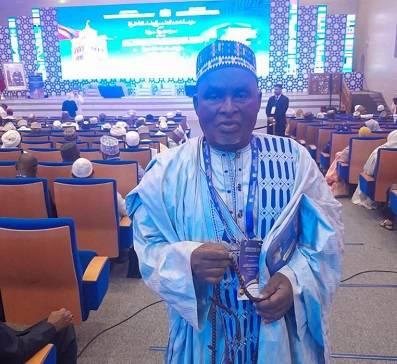
Alhaji Mohammed Awal Shuaib Alhassan, the Imam of Takoradi Metropolis, has commended the King of Morocco Muhammed V1 for organising an international symposium on Fatwa (rulings) to empower and sharpen the skills of Ulemas (Muslim Scholars) in the fight against extremist tendencies and misleading interpretations.
Imam Alhassan, also a Deputy Imam of the National Mosque, who represented the National Chief Imam, Sheikh (Dr) Osman Nuhu Sharubutu, at the symposium told the Ghanaian Times on arrival that the initiative “will serve and yield a major global Islamic peace.”
The three-day International scientific symposium on “Fatwa rules in the African context,” organised by the Mohammed VI Foundation of African Ulema, ended in Marrakech, in the Kingdom of Morocco, last Wednesday.
More than 350 Ulemas from 72 countries from Africa, Asia, Europe and South America, attended the symposium and deliberated on the scientific norms and principles of Fatwa and the reality of Fatwa in the African context.
Imam Alhassan expressed the appreciation of the National Chief Imam to the King of Morocco, King Mohammed VI, the President of the Mohammed VI Foundation in Ghana, Sheikh Ibrahim Mustapha of ICODEH, Morocco Ambassador to Ghana, Imane Ouaadil; and other members of the Foundation, Dr Ahmad Taufeeq, Dr Saeed Mohammed Rifki and the General Coordinator, Dr Aatika Abdul-Rahaman.
Fatwa which means “explanation or clarification” and Muslim scholars apply the principles of sharia–related Fatwa rulings to address matters affecting the socio-cultural life of the Muslim community, including marital relations, inheritance, lifestyles, and allegiance owed to a country.
Fatwa is solicited when there is doubt over a conduct or when Muslims are engaged in a dispute and do not want to stray from the path of righteousness, but stay within the confines of God’s dictates.
In a message to the gathering, the King of Morocco, Mohammed VI said the conference sought to deepen the meaning of moderation among Muslims, consistent with what Almighty God says in the Holy Qur’an.
“The divine decree reflects the need today to avoid extremism and division. It is urgent call to make sure people embrace moderation, to reassure them when it comes to disagreement about certain details, and to highlight the firm determination to cooperate, and hold regular consultation among African religious scholars,” he said.
BY ALHAJI SALIFU ABDUL-RAHAMAN

